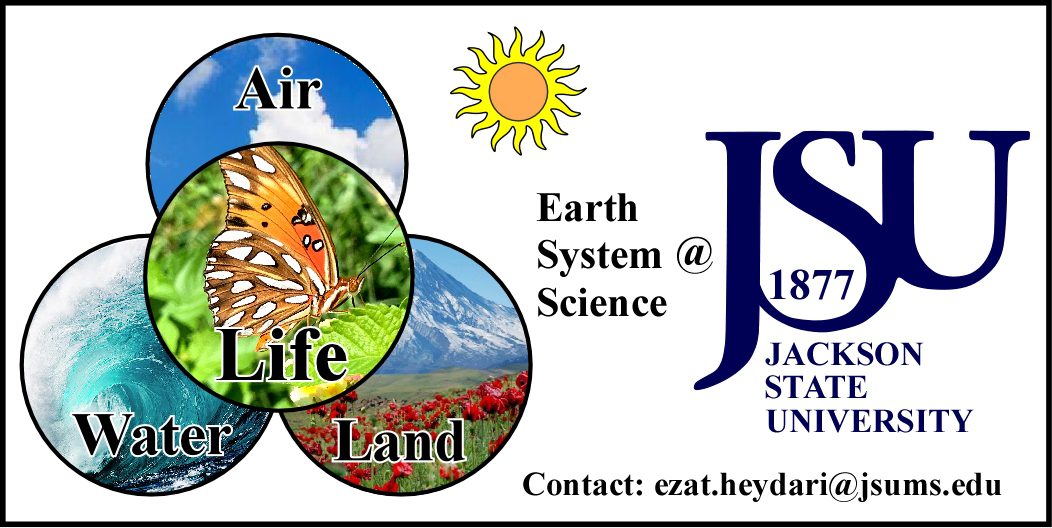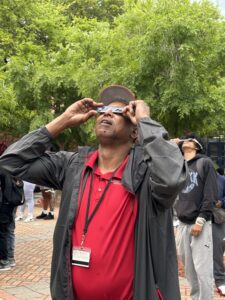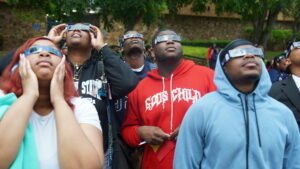Department of Chemistry, Physics, and Atmospheric Sciences – EARTH SYSTEM SCIENCE
College of Science, Engineering, and Technology
Join us in unraveling the mysteries of our planet through the lens of Earth systems science. Our program offers a dynamic and interdisciplinary approach to understanding the Earth as a complex, interconnected system.
Earth System Science
Earth System Science is about the understanding of how Earth works. It teaches you about land, water, air, and life on the present-day Earth and their changes during the past 4.5 billion years. Earth System Science discuss how Earth has remained habitable for nearly 4 billion years. JU’s Earth System Science curriculum provides students with an excellent mixture of content courses, laboratory activities, and research projects. By choosing Earth System Science as your academic major, you will open the door to numerous opportunities to work with and improve the quality of the land, water, and air of our planet. With your Earth System Science degree you can work in environmental companies, oil and gas corporations, soil study programs, research institutes, park services, planetary geology agencies, mineral exploration, hydrology companies, oceanographic studies, coastal studies, geochemical companies, disaster management, and state or federal geological surveys. You can also choose an education pathway and become a science teacher or pursue graduate school. JU’s Earth Science is a very friendly and caring environment where you can work closely with the faculty.
Click here to view the course curriculum for the B.S. in Earth System Science.

Earth System Science is about the understanding of how Earth works. It teaches you about land, water, air, and life on the present-day Earth and their changes during the past 4.5 billion years. Earth System Science discuss how Earth has remained habitable for nearly 4 billion years. JU’s Earth System Science curriculum provides students with an excellent mixture of content courses, laboratory activities, and research projects. By choosing Earth System Science as your academic major, you will open the door to numerous opportunities to work with and improve the quality of the land, water, and air of our planet. With your Earth System Science degree you can work in environmental companies, oil and gas corporations, soil study programs, research institutes, park services, planetary geology agencies, mineral exploration, hydrology companies, oceanographic studies, coastal studies, geochemical companies, disaster management, and state or federal geological surveys. You can also choose an education pathway and become a science teacher or pursue graduate school. JU’s Earth Science is a very friendly and caring environment where you can work closely with the faculty.
Click here to view the course curriculum for the B.S. in Earth System Science.
LEARN BY DOING
Learn about the frontiers of space and time while searching for extrasolar planets and world-renowned observatories. Explore the mind-bending consequences of Einstein’s theory of gravity and curved space-time, or unlock the mysteries of our awesome Earth with field research opportunities.
“Challenging Minds, Changing Lives.”
April 8, 2024 Eclipse





















